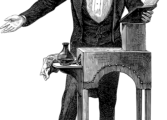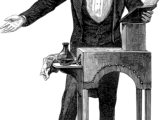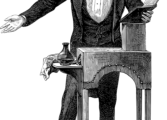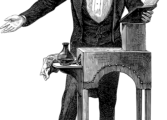Jane Austens novel Emma is a beloved classic that has captured the hearts of readers for centuries

Set in the early 19th century, “Emma” follows the story of Emma Woodhouse, a young woman who fancies herself an expert matchmaker. As we delve into the world of “Emma,” it is important to understand the significance of Jane Austen’s works and the themes that permeate her writing.
Jane Austen was an English novelist who lived from 1775 to 1817. Her novels, including “Pride and Prejudice,” “Sense and Sensibility,” and of course, “Emma,” are known for their social commentary and keen observations of human relationships. Austen’s novels offer a glimpse into the lives of the gentry class in the early 19th century, allowing readers to explore themes of love, marriage, and societal expectations.
“Emma” was published in 1815 and is Austen’s fourth novel. It tells the story of Emma Woodhouse, a wealthy and privileged young woman who takes it upon herself to meddle in the romantic lives of those around her. Emma’s misguided attempts at matchmaking lead to miscommunication, heartache, and ultimately, self-discovery.
One of the key aspects that make “Emma” unique is Austen’s exploration of the protagonist’s growth and maturation. Unlike her previous novels where the main characters start the story already possessing a level of wisdom, Emma begins as a somewhat self-absorbed and naive young woman. Throughout the novel, Emma learns the consequences of her actions and evolves into a more self-aware and empathetic person.
Another notable element of “Emma” is the portrayal of societal norms and expectations. Austen critiques the strict social hierarchies of the time and challenges the limitations placed on women. Through Emma’s story, Austen questions the emphasis society places on wealth, social status, and the importance of marrying well. She emphasizes the importance of genuine connections and true love over superficial matches based purely on societal expectations.
“Emma” has seen various adaptations and interpretations over the years, solidifying its status as a literary masterpiece. In 1996, a film adaptation starring Gwyneth Paltrow brought the story to the big screen, introducing a new generation to Austen’s work. More recently, in 2020, a television adaptation by the same name was released, starring Anya Taylor-Joy as Emma Woodhouse.
The enduring popularity of “Emma” can be attributed to its timeless themes and relatable characters. Emma’s journey of self-discovery and the satirical portrayal of societal expectations continue to resonate with readers today. Austen’s wit, sharp observations, and memorable characters have solidified her place as one of the greatest literary voices in history.
In conclusion, “Emma” by Jane Austen is a captivating novel that explores themes of love, societal expectations, and personal growth. Austen’s keen insights into human nature and her portrayal of life in the 19th century make “Emma” a timeless classic. Whether through the original novel, film adaptations, or television shows, “Emma” continues to enchant and inspire audiences around the world.
Overall Structure (with and H2 Tags):
Jane Austen’s “Emma”: A Classic Tale of Love, Society, and Self-discovery
Introduction to Jane Austen and Her Works

“Emma”: Plot and Themes
Emma’s Journey of Self-discovery
Critique of Social Norms and Expectations
Adaptations and Popularity
Conclusion
Featured Snippet Bulletpoints:
– “Emma” is a classic novel by Jane Austen, published in 1815.
– The novel follows the story of Emma Woodhouse, a young woman who fancies herself a matchmaker.
– Jane Austen’s novels are known for their social commentary and observations of human relationships.
– “Emma” explores themes of love, marriage, societal expectations, and personal growth.
– The protagonist, Emma, evolves from a naive and self-absorbed young woman to a more self-aware and empathetic individual.
– Austen critiques the social hierarchies and limitations placed on women in the 19th century.
– The enduring popularity of “Emma” is due to its timeless themes and relatable characters.
– The novel has been adapted into film and television, introducing new audiences to Austen’s work.
















































